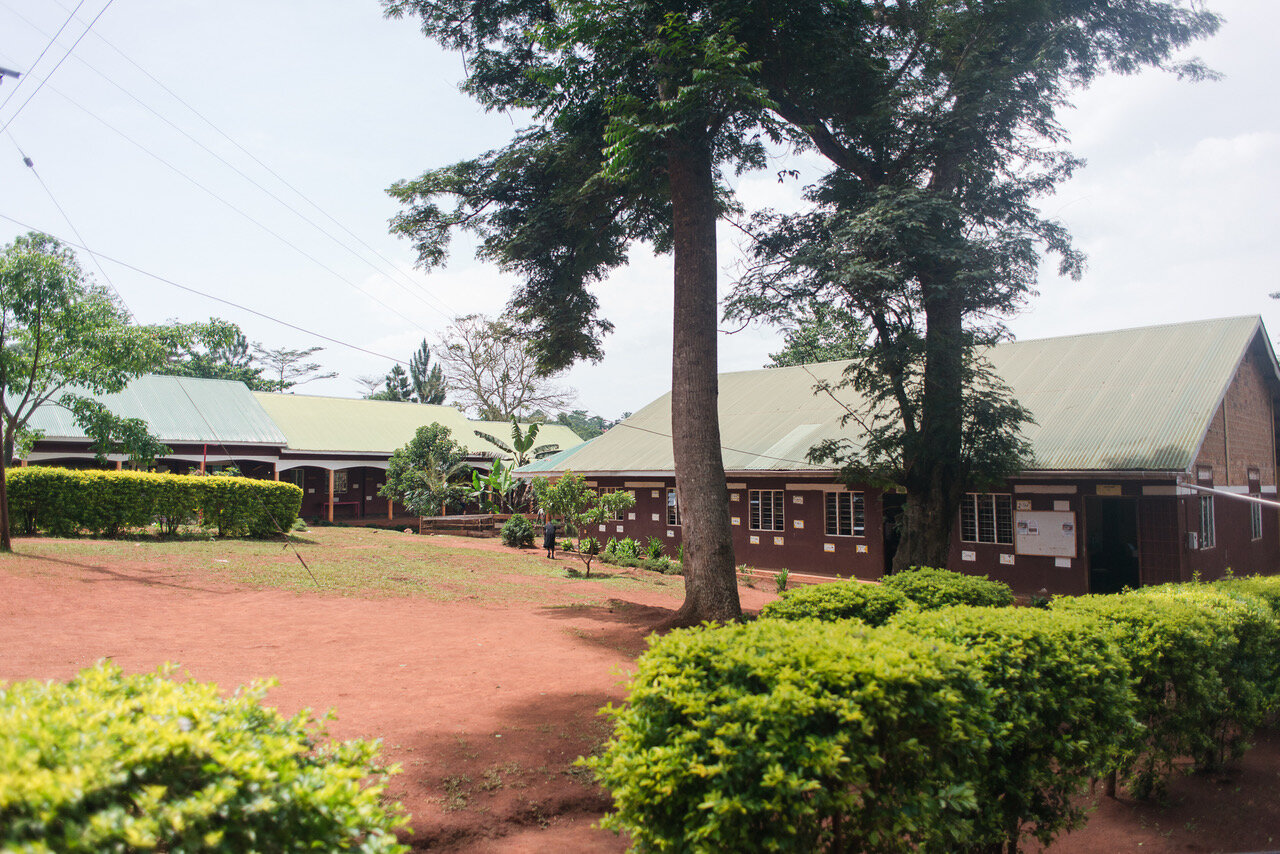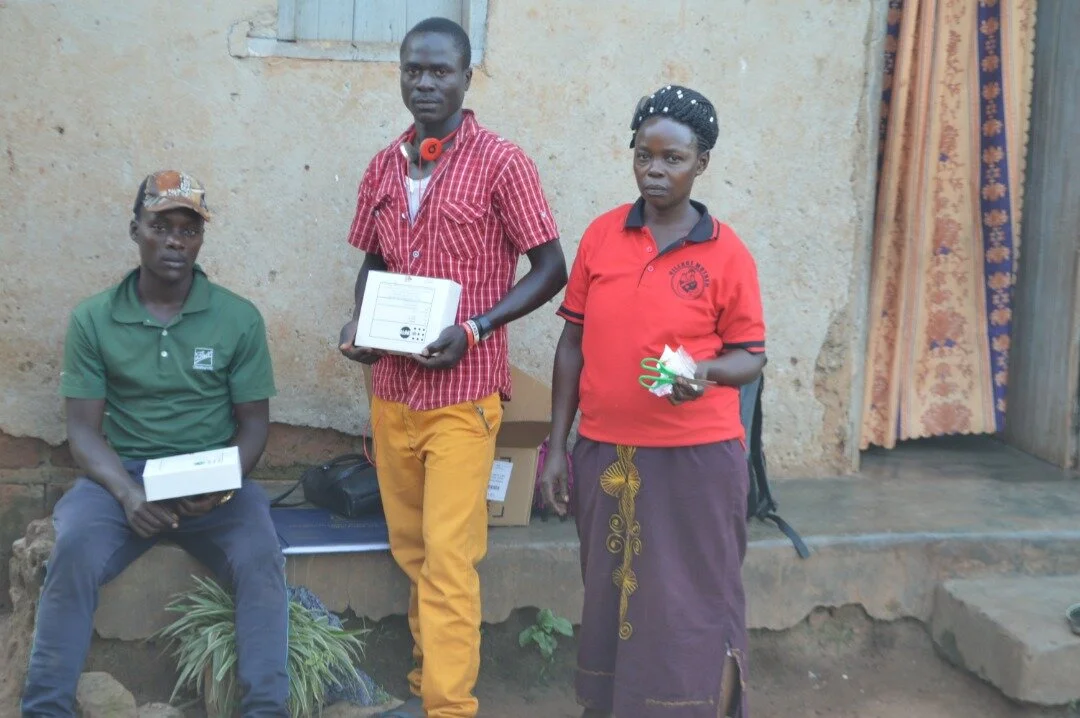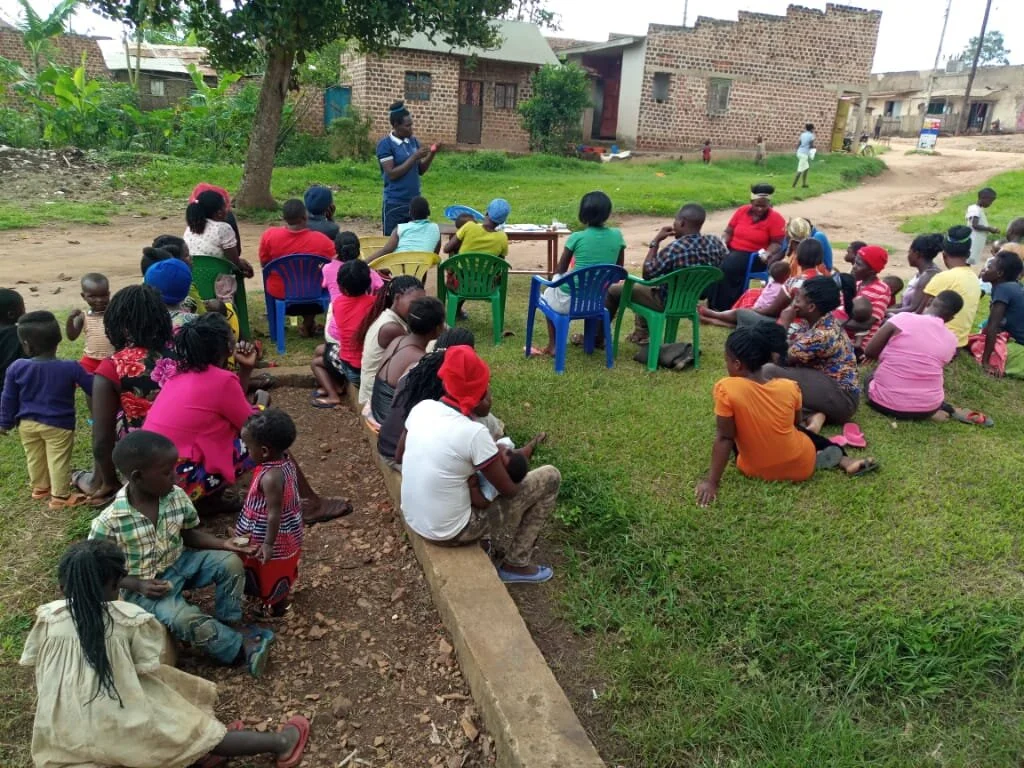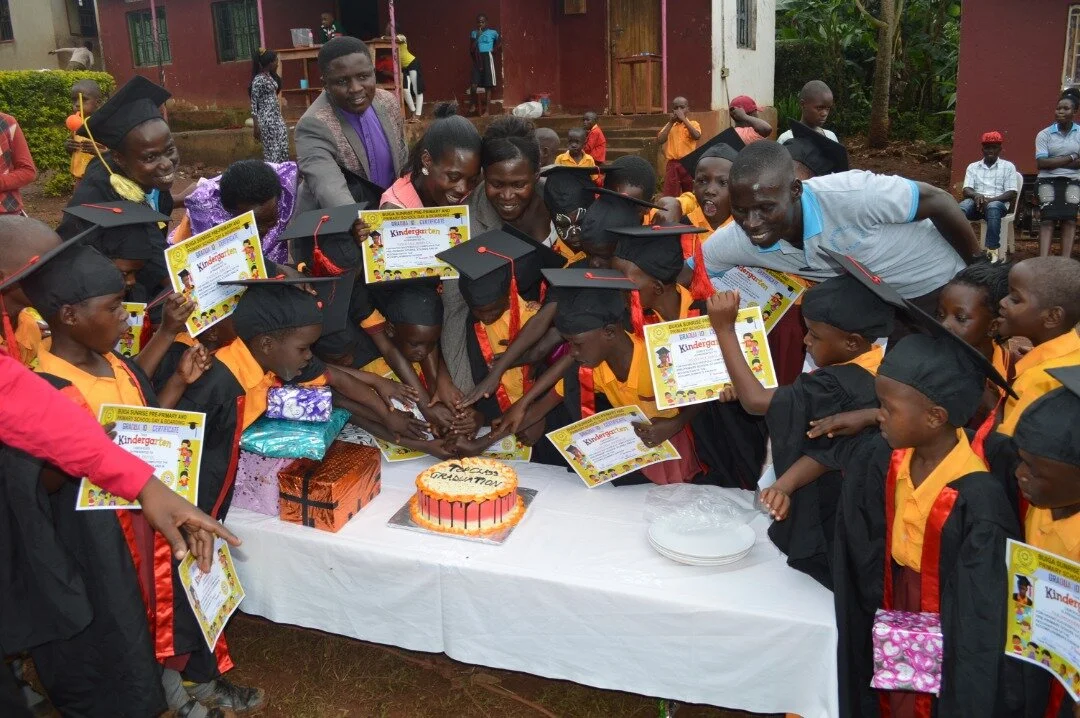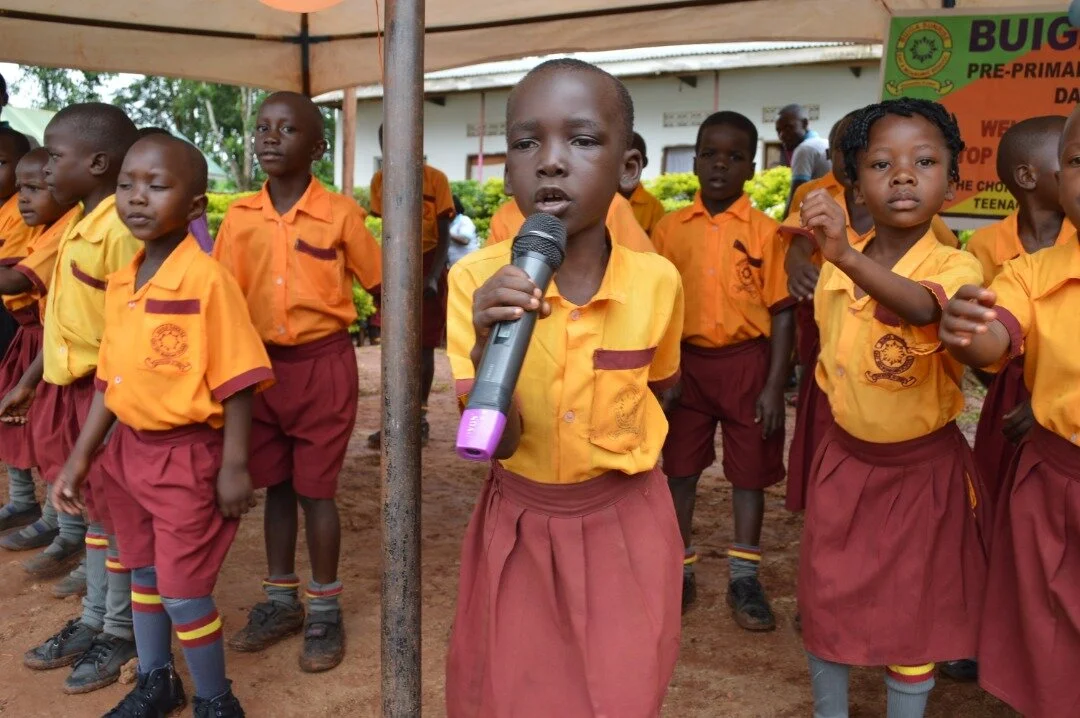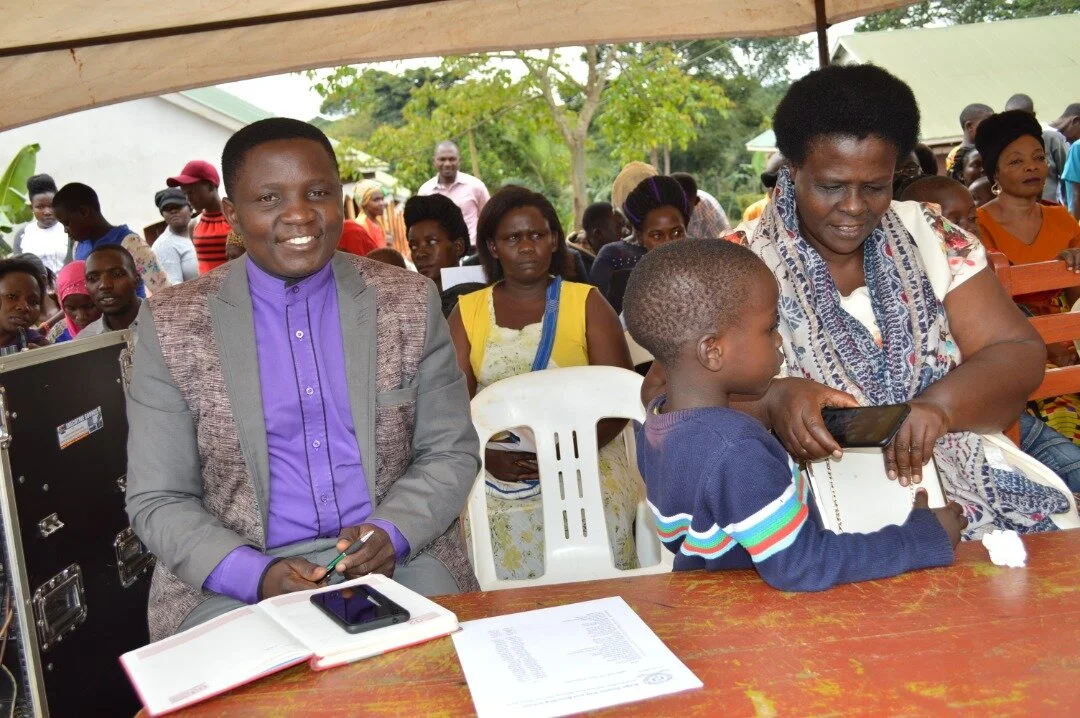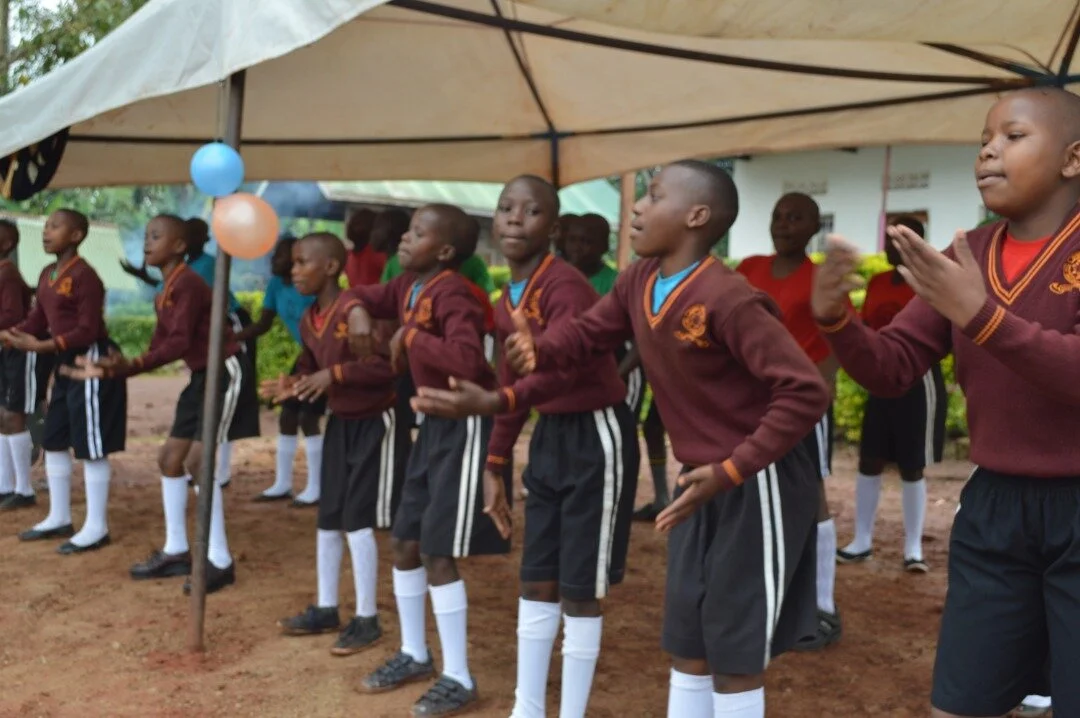In Uganda, the public healthcare infrastructure is tiered based on the size and scope of a specific health facility. Health centres are labeled using a number scale with “health centre 2’s” being smaller and “health centre 4’s” being larger. In our community, the majority of the public health facilities are small because we’re situated in a rural area.
Clients who visit Grace Clinic often travel from 15-20 miles away and use paid motorcycle taxis as their primary means of transportation. In addition to the long distances, some people avoid health facilities due to high costs, long wait times, and stock-outs. Pathfinder estimates that there are only 1.55 health workers per 1,000 people in Uganda, whereas the global average is 2.28/1,000; this disparity is deeply felt across the country. Even in the public facilities across Uganda, the lack of available medications and limited human resources has created apathy, causing many clients to view health facilities as death traps.
The Community Health Extension Worker (CHEW) model has been used around the world to address access and affordability issues, especially in rural communities. CHEWs are usually members of the community they serve and have little, if any, formal medical training. Because they live and work in their own communities, they are uniquely positioned as change-agents, knowledge-bearers, and first-responders who work alongside the public health system to fill critical gaps in care. In most cases, they have two primary functions: providing basic first-line healthcare and sharing public health information. In Uganda, CHEWs
At Grace Clinic, we have a team of dedicated CHEWs, who we call Village Mothers. Our team of Village Mothers is primarily focused on promoting safe ante- and postnatal care, monitoring child growth and development; and encouraging mothers living with HIV to adhere to their treatment regimen. They also educate mothers about family planning, nutrition, sanitation, and hygiene and act as ambassadors of hope because they offer access to affordable, customer-centred health services that are hard to find in some public health facilities.
Check out some of the photos below to see Village Mothers in action firsthand. If you feel inspired to donate and support their important work, click DONATE above to make a gift. Recurring donations help support our efforts month to month and guarantee that families are getting the care and support they need in the comfort of their own homes.
